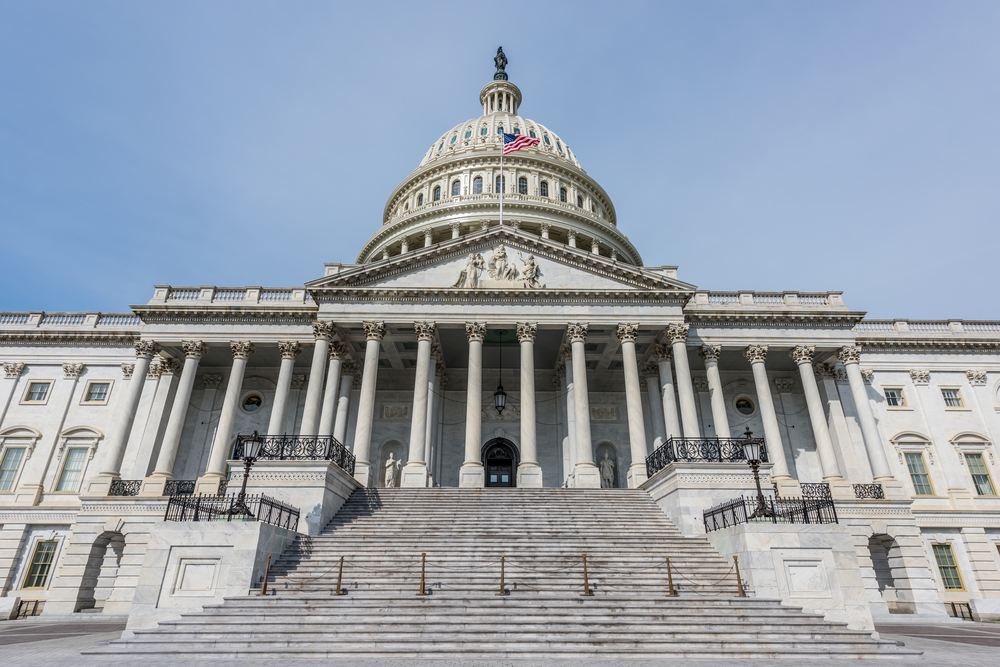
The U.S. Senate Health, Education, Labor, and Pensions (HELP) Committee on May 23 approved 22-1 the pending Pandemic and All-Hazards Preparedness and Advancing Innovation Act of 2018, S.2852.
S. 2852, introduced on May 15 by U.S. Sen. Richard Burr (R-NC), would reauthorize certain programs under the Pandemic and All-Hazards Preparedness Act (PAHPA) that are set to expire on Sept. 30. The law last was reauthorized in 2013 and is on a fast track to the president’s desk.
In fact, Senate HELP Committee Chairman Lamar Alexander (R-TN), who presided over the panel’s executive session earlier this morning to consider S. 2852, called for a prompt vote by committee members within less than half an hour of the session’s scheduled start time.
“I want to get it approved … so the full Senate can quickly approve it,” Sen. Alexander said, adding that he wants to see markup action on June 20 for S. 2852 and a slew of other proposals in the Senate, albeit with a lot of “cooperation and compromise” needing to take place prior to that date to ensure all of those bills get a vote.
The bipartisan S. 2852, signed by original cosponsors Sen. Alexander and U.S. Sens. Patty Murray (D-WA), ranking member of the Senate HELP Committee, and Bob Casey (D-PA), who also serves on the HELP Committee, includes myriad provisions aimed at improving the nation’s preparedness and response to man-made and naturally occurring threats, or chemical, biological, radiological and nuclear (CBRN) attacks, as well as emerging infectious diseases, potential pandemics, and antimicrobial resistance.
“I’m really glad we’re able to move forward on this important act,” said Sen. Murray prior to the committee’s vote, praising the bipartisanship that has brought lawmakers to a “strong reauthorization” proposal.
Stark reminders currently exist around the world that remind lawmakers how important their work is to push forward on S. 2852, she said. “Congress can lead on this issue,” said Murray, who added both parties agree that a pandemic flu and antimicrobial resistance are serious threats requiring immediate attention by “disease detectives.”
Sen. Burr, noting the world’s “constantly changing and evolving threat landscape,” said he was pleased his colleagues took his advice to maintain the spirit of the original 2006 PAHPA law he authored — which also was maintained in the 2013 reauthorization he spearheaded — while also being able to include in S. 2852 the extensive feedback culled from expert stakeholders that “underscores their daily vigilance in deterring threats.”
For instance, in addition to authorizing funding, S. 2852 also would provide authorities to the director of the Biomedical Advanced Research and Development Authority (BARDA) to develop strategic initiatives for threats that pose a significant level of risk to national security.
S. 2852 also would modernize the Centers for Disease Control and Prevention’s biosurveillance capabilities; expand the National Health Security Strategy by incorporating zoonotic disease outbreaks and food and agriculture-related disease outbreaks; and require the Assistant Secretary for Preparedness and Response (ASPR) to develop a regionalized health-care response in the event of an outbreak or attack, among other updated provisions related to medical countermeasures, the Strategic National Stockpile of vaccines, and more.
“This is by no means the finish line,” said Sen. Burr, “and I look forward to sending this legislation to the president as soon as is possible.”




